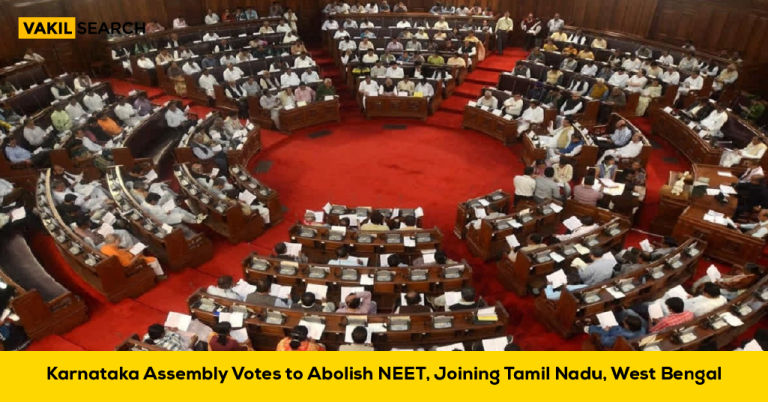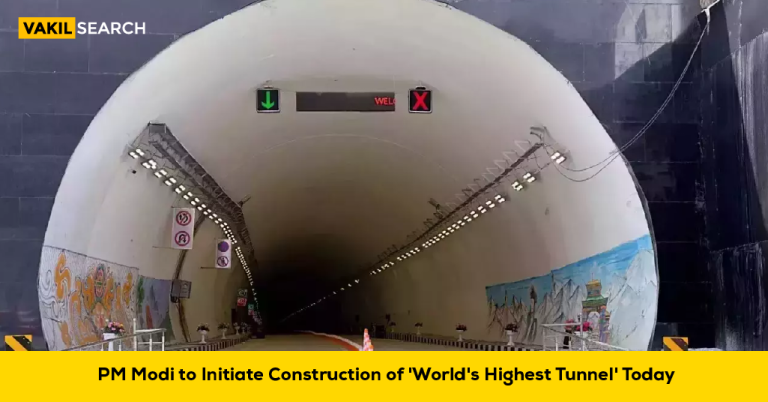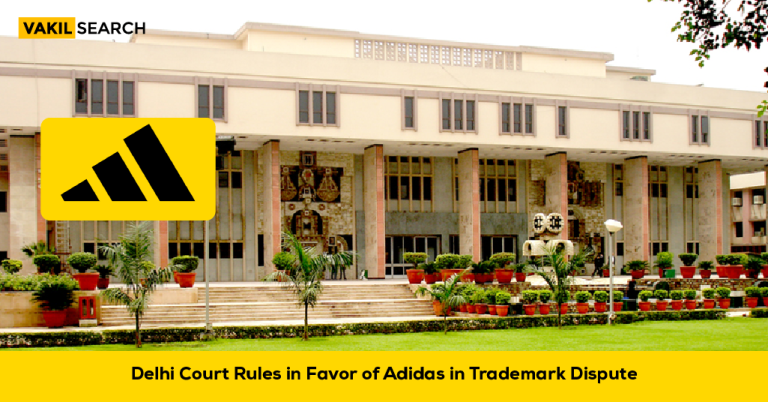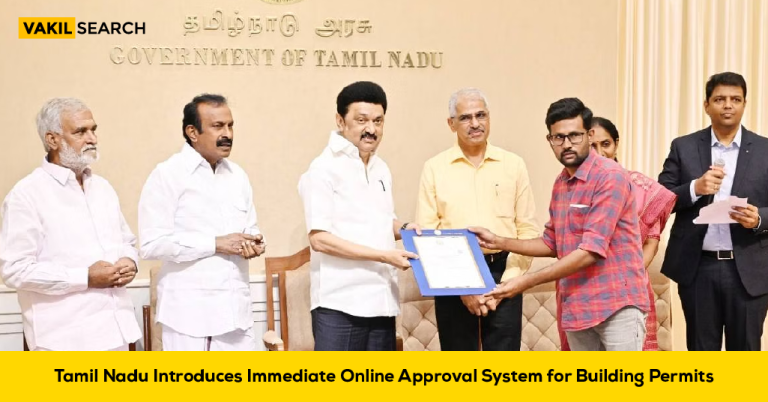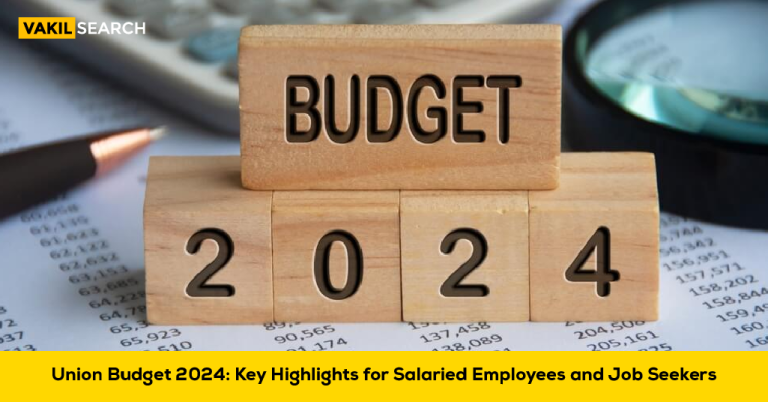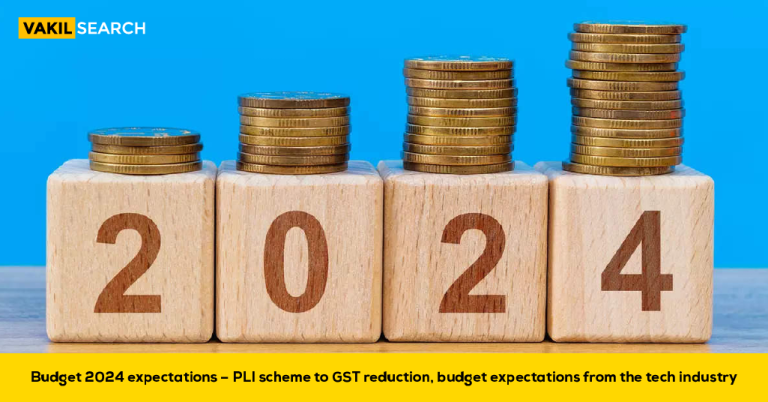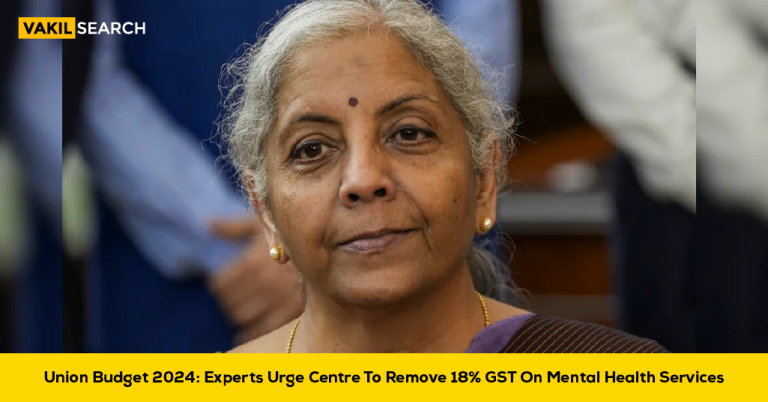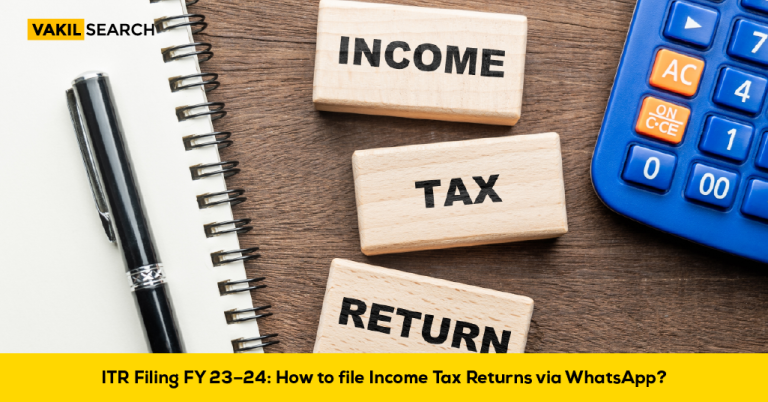The Karnataka Assembly passed a resolution on Thursday to abolish NEET, making it the third state after Tamil Nadu and West Bengal to request an exemption from this national medical entrance exam. The resolution argues that NEET adversely impacts the medical education of economically disadvantaged rural students, undermines the state’s rights to manage admissions to its medical colleges, and renders state-level schooling irrelevant.
The resolution calls on the central government to immediately exempt Karnataka from NEET and allow medical admissions based on the scores from the Common Entrance Test conducted by the state government. Similarly, Tamil Nadu and West Bengal have also proposed using state-specific medical entrance exam scores for college admissions instead of NEET.
Bahujan Samaj Party chief Mayawati also demanded the elimination of NEET, advocating for a return to the previous system of medical admissions. However, a government official, speaking anonymously, noted that under the National Medical Commission (NMC) Act and University Grants Commission (UGC) guidelines, NEET is mandated as the sole nationwide exam for medical admissions in India.
Karnataka’s decision follows allegations of a NEET paper leak. Since its introduction in 2010, NEET has been controversial, particularly in southern states. These states argue that NEET’s standardised exam format, which differs from state-level syllabi, disadvantages their students and restricts states’ autonomy in medical education.
Data from the Ministry of Health and Family Welfare shows Karnataka had the most medical seats in India for the academic year 2023-24, with 11,745 seats (3,750 in government institutions and 7,995 in private colleges). Tamil Nadu, Maharashtra, Uttar Pradesh, and Telangana follow with significant numbers of medical seats. Southern states collectively hold around 39% of India’s medical seats, yet admissions are based solely on NEET-UG scores.
The NMC Act 2019 mandates that all medical admissions must be based on NEET-UG All India Rank (AIR), and institutions are not allowed to conduct separate entrance exams. The NMC also oversees counselling for 15% of seats in state colleges, central institutes, and deemed universities, while state medical boards manage the remaining 85% of seats using NEET-UG scores.
Karnataka’s recent decision to Abolish NEET, aligning with Tamil Nadu and West Bengal, reflects growing discontent over the national medical entrance exam’s impact on regional students and state autonomy. The resolution underscores concerns about NEET’s disadvantages to rural and economically disadvantaged students and calls for a return to state-managed admissions based on local tests. While the central government mandates NEET under the National Medical Commission Act, these developments highlight ongoing debates about balancing national standards with state-specific educational needs.
Vakilsearch provides expert legal and advisory services to help educational institutions, students, and stakeholders navigate complex regulatory landscapes. Whether you’re dealing with policy shifts, seeking exemptions, or need guidance on compliance, our team offers tailored solutions to address your needs. Stay informed and protected with Vakilsearch, your trusted partner in managing educational and legal challenges.


